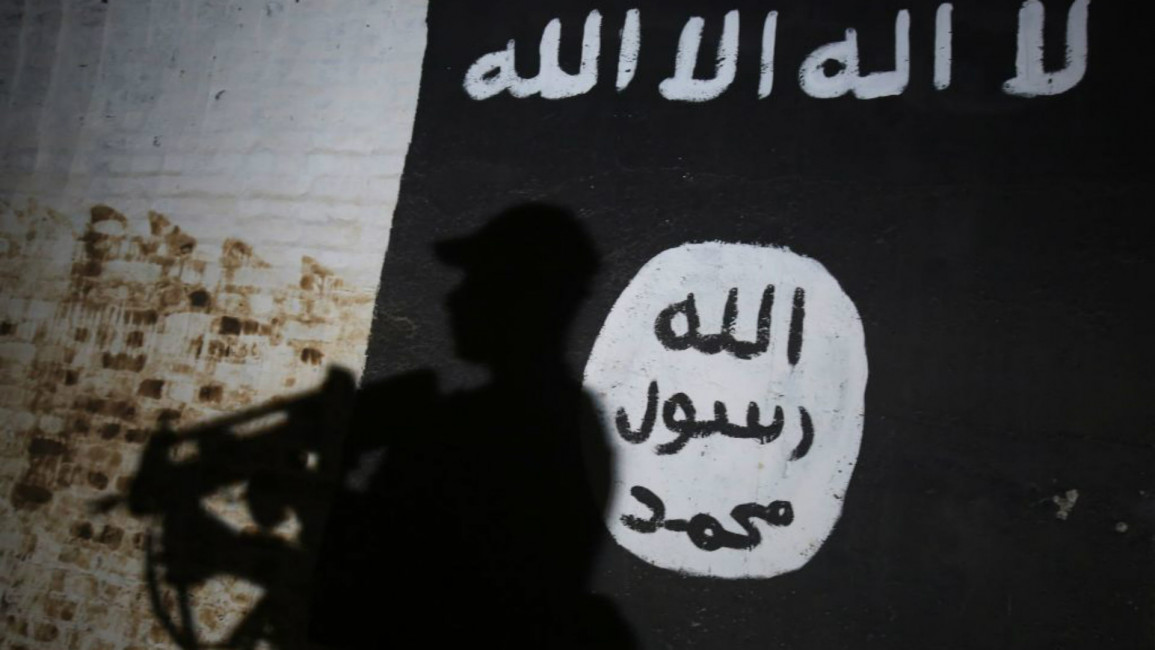Pro-Turkish Syria rebels arrest Islamic State group leader
Pro-Turkish rebels in Syria have detained a suspected leader in the Islamic State (IS) group, according to opposition authorities.
Police affiliated with the opposition's Syrian Interim Government arrested alleged members of IS during a security operation in an area of Aleppo province held by Turkish-backed forces.
A source close to the Syrian National Army, a Turkish-backed force affiliated to the opposition government, told The New Arab's Arabic sister site Al-Araby Al-Jadeed that police captured an "IS security commander" and a "sniper" who is accused of killing several members of opposition factions.
The two IS members were arrested after a house was stormed in the city of Al-Bab, northern Syria.
They were taken to a police branch to complete investigations, the source said.
While IS has lost all the territory it formerly controlled in Syria and neighbouring Iraq, the extremist group continues to carry out attacks in both countries.
A spokesman for IS last week announced that its leader, Abu Al-Hussein Al-Husseini Al-Qurashi, had been killed following clashes with the hardline Islamist group Hayat Tahrir Al-Sham (HTS), in Syria's Idlib province.
The spokesman announced IS's new leader – its fifth – as Abu Hafs Al-Hashemi Al-Qurashi.
HTS "categorically denied" killing Abu Al-Hussein.
A spokesman for HTS's security division said it would continue to fight "evil acts" by IS in rebel-held parts of Syria but if it was responsible for the killing of the IS leader then "we would have given the good news to Muslims and announced it directly".
Beyond Syria and Iraq, IS affiliates also operate in countries including Egypt and Afghanistan.
Agencies contributed to this report.



